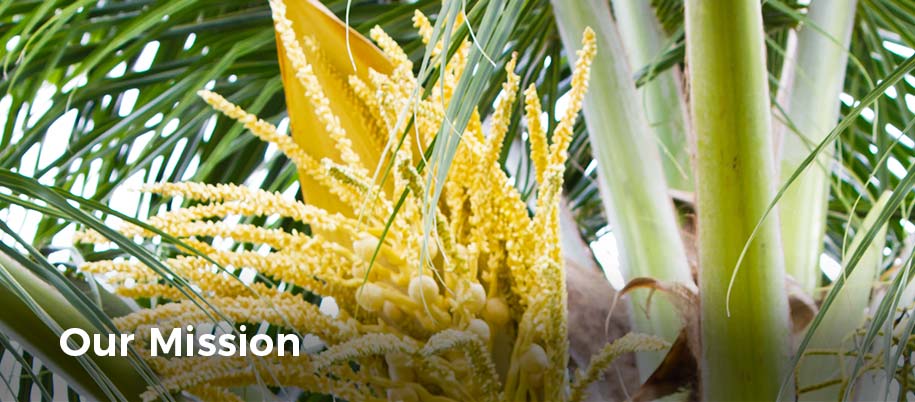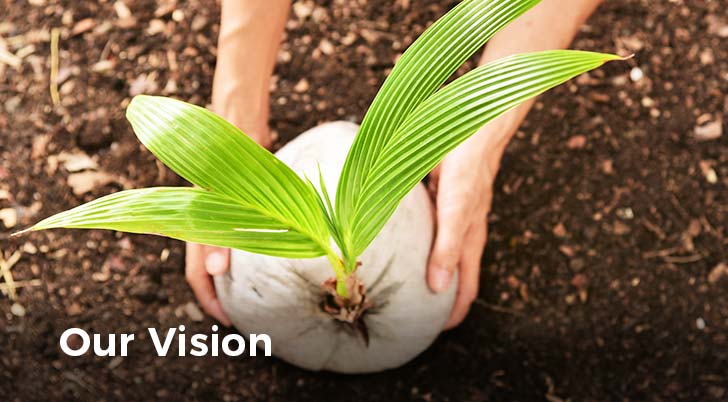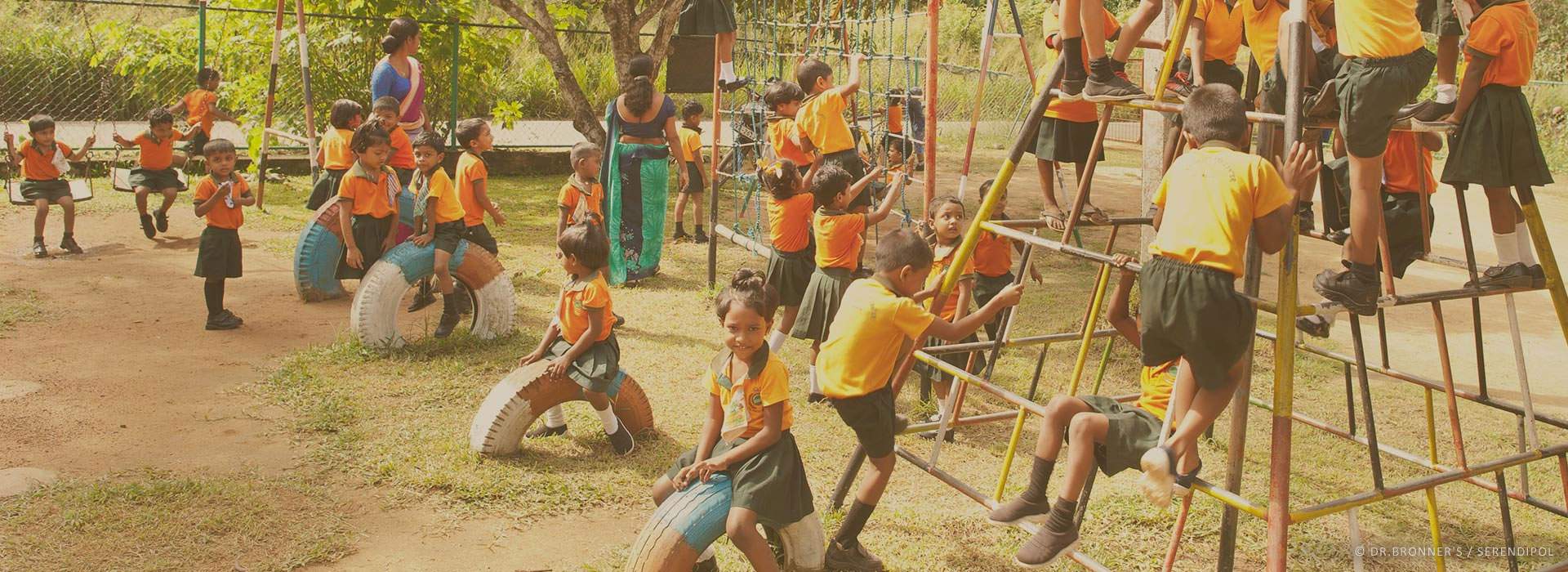
“Make a commitment to serve the needs of the ‘least of these’ and give voice to the voiceless.”
– Artika Tyner –
As a strong advocate of corporate social responsibility, CSR is given much consideration and is integrated in all our objectives and goals, to ensure that the benefits are evenly trickled down throughout our supply chain.
Since its inception in 2007, we have funded projects and have disbursed over 2.4 million dollars, by;
Education
“An investment in knowledge pays the best interest.”
– Benjamin Franklin –
Sri Lanka’s Education Profile
Education is generally state-funded and offered free of charge at all levels,
including the university level.
92%
Literacy rate is very high in
Sri Lanka and is over
Sri Lanka has achieved universal primary education and gender parity in education.
Unequal distribution of resources: there are wide disparities in facilities between urban and rural schools.
The schools in rural areas remain understaffed, conspicuously lacking in infrastructure & qualified teachers whose preference is to work in the urban sectors.
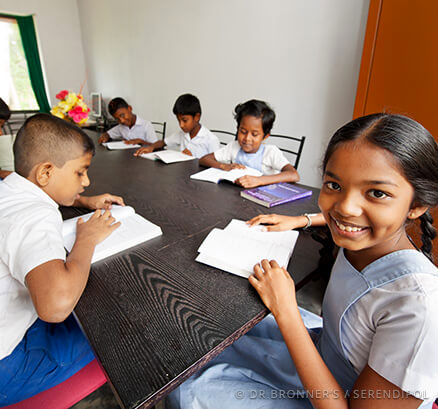
Project Costs – $ 6,500.
Library facility at Giri/ Rakupola Ananda Primary School consisting of 120 students.
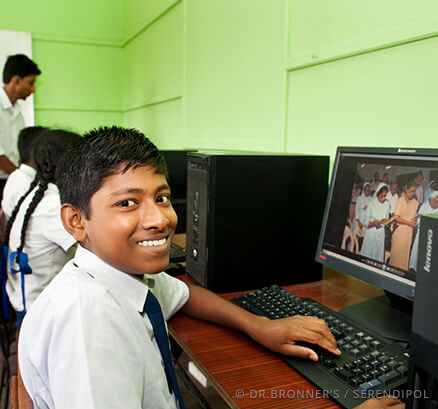
Project Costs – $ 5,500.
Computer & sanitary facility at Kuliyapitiya St. Joseph’s School for the hearing impaired.
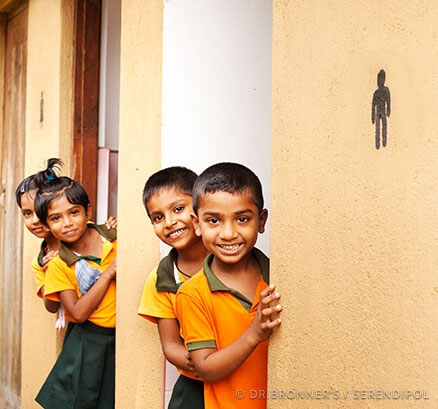
Project Costs – $ 4,500.
Drinking water & sanitary facility at Epaladeniya Pre-school consisting of 100 students.
We focus on schools that are classified as ‘uncongenial’ and ‘very uncongenial’ resulting from unequal distribution of resources and have funded;
Infrastructure initiatives such as building classrooms, IT & library facilities with a view to attracting and improving attendance and retention rates of the village schools.
School health projects by providing access to potable water & sanitation facilities.
Early school education by supporting pre-schools and building much-needed playgrounds for children in support of social and emotional development.
Health
Sri Lanka’s Healthcare Profile
>30%
of the population will be
elderly by year 2030
the proportion of population
of over 60 years has been
increasing steadily
55%
of total healthcare expenditure
was accounted for by the
private sector.
State sector operates the largest
number of hospitals in Sri Lanka ...
however,
65%
of mortality is a result of non
communicable diseases
Contributing to increase in prevalence
of non-communicable diseases such as
cardiovascular disease, diabetes,
kidney disease and cancer.
60%
of the outpatients and one tenth of the inpatients
are catered to by the private sector.
And...
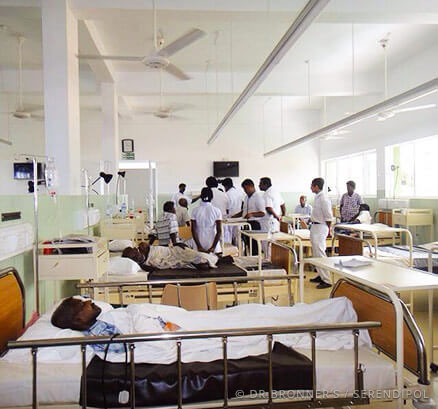
Project Costs – $ 60,000.
Ultra sound scanner & multi-functional beds for cancer hospital in Telipalai – Jaffna, treating more than 400 patients a month.
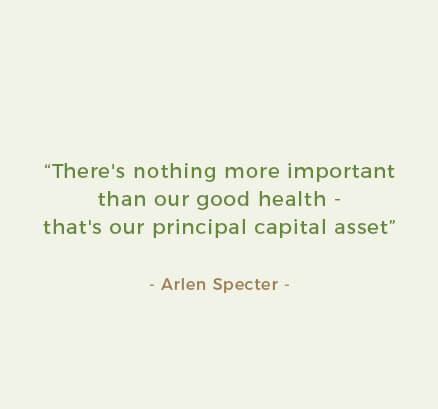
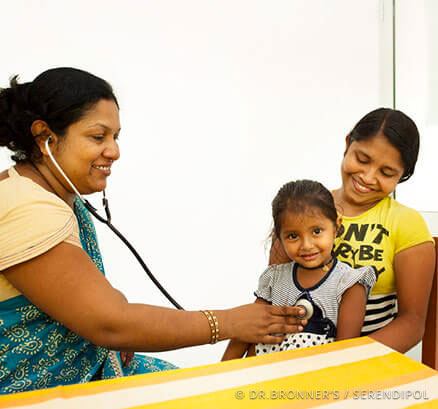
Project Costs – $ 31,000.
New clinic building in Kuliyapitiya that facilitates clinics for expecting mothers, post-pregnancy, family planning and vaccinations of children. 2,000 direct plus 2,000 indirect beneficiaries per month.
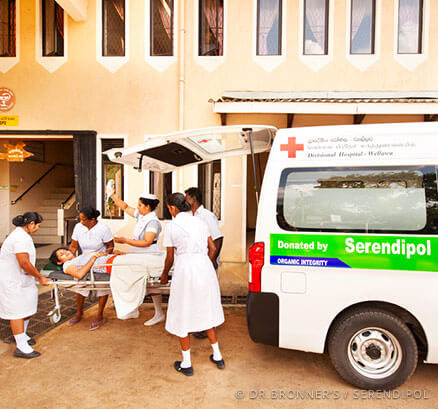
Project Costs – $ 41,000.
Ambulance for divisional hospital at Wellawa. Transports critical patients to base hospital’s in Kurunegala, Kandy or Colombo.
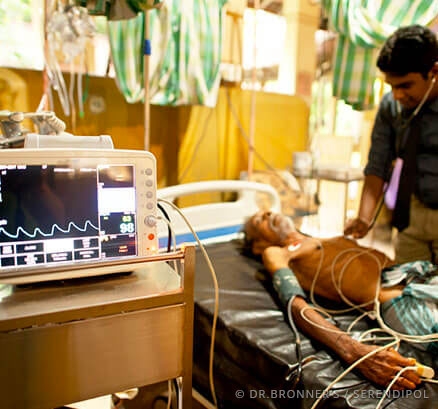
Project Costs – $ 72,000.
Ultra Sound Scanner, Multipara Monitor, Hematology Analyzer & Multifunctional Beds at Gonigoda Hospital. Medical equipment provides monitoring & consultancy services to expectant mothers and other patients requiring emergency treatment.
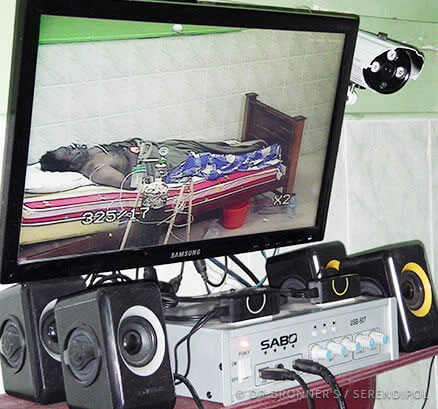
Project Costs – $ 108,000.
Iodine treatment unit for the cancer unit at the Teaching Hospital of Kurunegala treating approximately 180 thyroid cancer patients per year.
Thus, we significantly contribute to the health sector of Sri Lanka in close collaboration with the Health Ministry and Local Government Authorities by focusing efforts on;
Improving primary health care services, preventive and curative, of peripheral hospitals in a bid to stop patients from bypassing their nearest primary public facilities in preference to secondary and tertiary public institutions in the cities.
Improving community-based health services aimed at supporting maternal, child health, nutrition, family planning and other reproductive health services at village level.
Special emphasis on improving cancer care.
Infrastructure and Rural Development
“Infrastructure sector is all about building assets for the country. It is part of nation building.”
– Gautam Adani –
Sri Lanka’s Rural Profile
85%
Of the population lives in rural areas.
89%
of employment in the country is provided through the rural economy.
It accounts for 85% of the jobs created in the formal sector and 92% of employment generated in the informal sector,
Informal Sector = Small Holder Farmers + Self Employment in Rural Enterprise.
Very strong Government sponsored infrastructure development thrust focused on road development including rural roads & a holistic view of rural development.
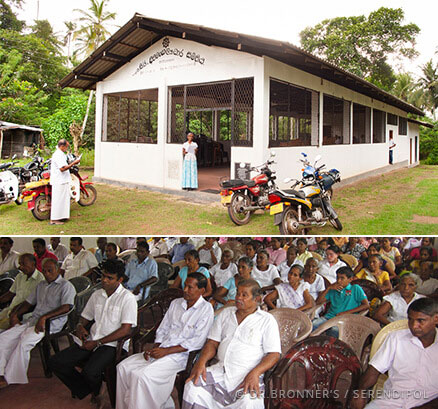
Project Costs – $ 5,000.
New community centre at Nwasigahawatta. Facilitates common activities of 300 families such funeral societies, rural development societies, welfare and elders societies and farmer associations.
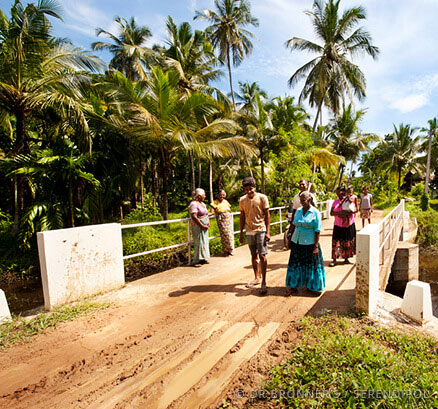
Project Costs – $ 19,000.
Bridge at Nindawela Village. Connecting remote communities consisting of 2,000 villagers and reducing travel distance by 12 km’s.
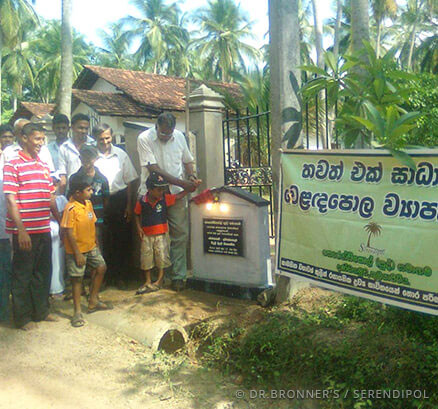
Project Costs – $ 3,500.
Provision of electricity to 50 families Meththagama Village.
Despite Government sponsored emphasis and focus, there are gaps that act as constraints to village level development that we have taken upon ourselves to address wherever deemed necessary;
Rehabilitation of roads in rural areas and constructing of bridges to facilitate connectivity & trade between villages and in some cases to avoid accidents that leads to injury or loss of life.
Access to safe water sources. The need to walk a few kilometres to collect water routinely means women spend a large part of their time accessing water for domestic needs, time better spent involved in other income generating activities.
Construction of Community Centers that facilitate village level activities such as Death Society meetings, weddings, youth activities, clinics and forums for the aged etc.
Grants for Employees
“Coming together is a beginning; keeping together is progress; working together is success”
– Henry Ford –
A special scheme is in place to provide our employees with grants for a number of needs such as; renovation of houses, sanitary facilities, electricity, clean drinking water, and other household improvements.
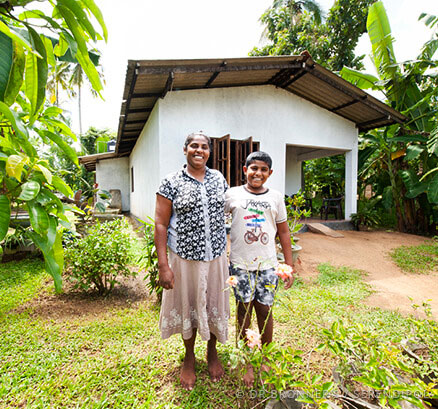
Project Costs – $ 350.
House renovation – H. A. Nimali Aruna Santhi.
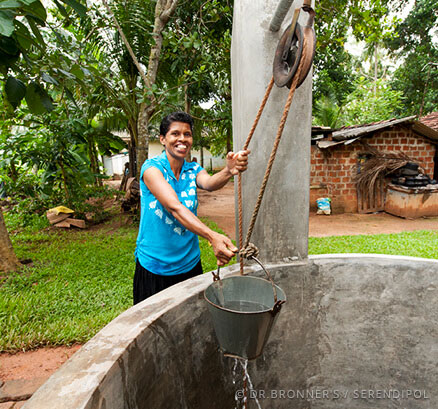
Project Costs – $ 350.
Construction of a water well for domestic use – N. A. Leela Sriyani.
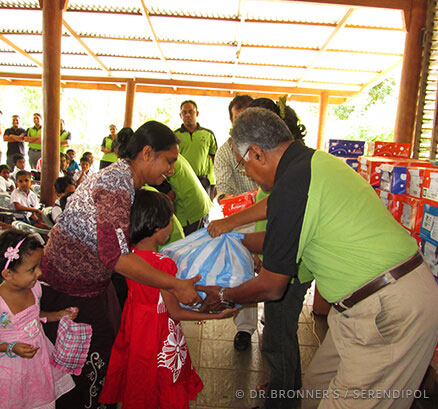
Project Costs – $ 9,500.
Education accessories such as shoes, stationery and uniforms are being provided annually to children of employee’s.







